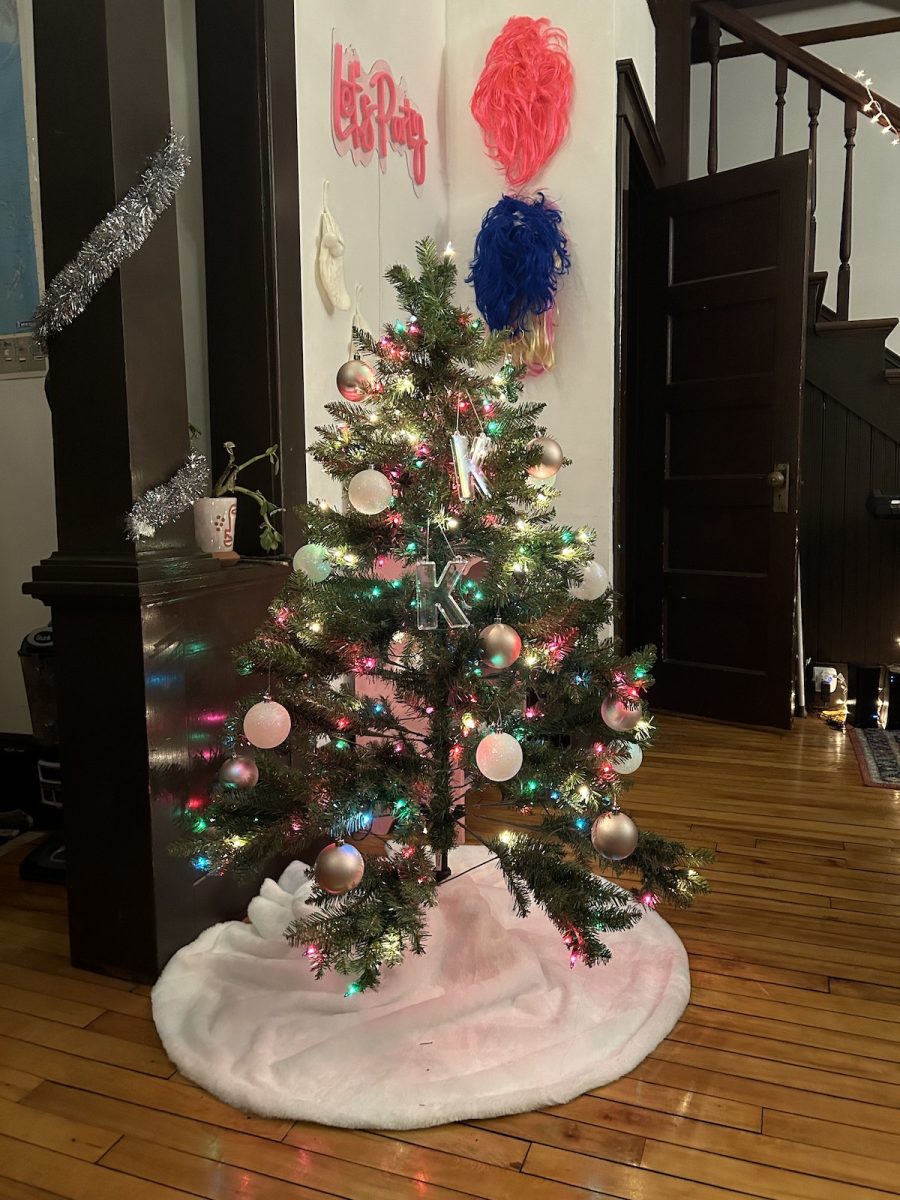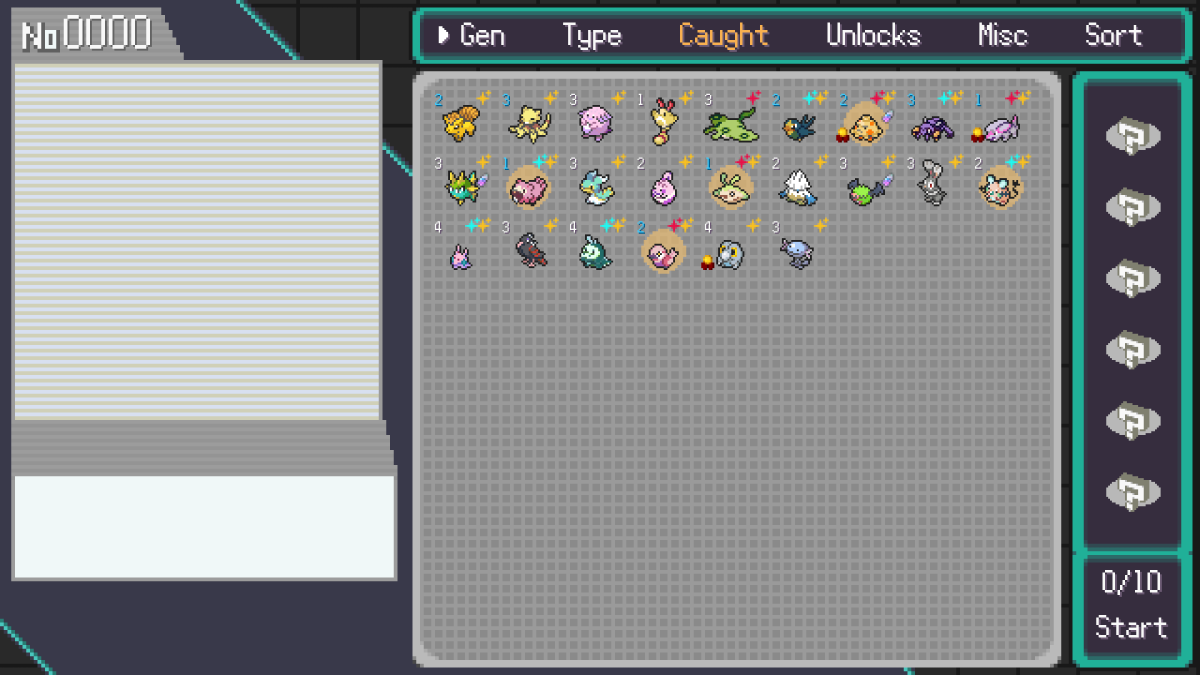Welcome to the second edition of Top 500 Albums Revisited.
This week we will be going all the way to the bottom of the list, number 500, with Arcade Fire’s “Funeral.”
This Canada-born band made their debut with this album, which featured leading single “Neighborhood #1 (Tunnels)” and the single “Wake Up,” which later became their most popular hit.
The most interesting aspect of this album, and the part I want to zoom in on in this article, is the series of songs entitled “Neighborhood.” The record includes 4, (Tunnels), (Laïka), (Power Out) and (7 kettles), in that order.
All of these songs seem to be from the perspective of a child growing up in an abusive and unhappy household. “The Neighborhood” itself serves as a metaphor for this household.
The first Neighborhood, “Tunnels,” has themes of escapism with poetic lines.
“And if my parents are crying/ Then I’ll build a tunnel/ From my window to yours.”
This line shows the yearning for escape a child feels with unstable parents.
When the parents are crying or fighting, the child wants to build a tunnel to get around it to a safer space. The whole song centers around the idea of the singer and another building a tunnel out of their houses and living on their own to be happier.
The second Neighborhood, “Laïka,” is about the older brother of the same family. Laïka comes from the Russian word for bark and is the name given to the Soviet dog sent to space.
“Laika, a dog that was the first living creature to be launched into Earth orbit, on board the Soviet artificial satellite Sputnik 2, on November 3, 1957,” According to Britannica
Now stay with me during this history lesson I promise it comes back to the song. The Russian people saw Laika as a symbol of hope. Being raised as a wild street dog to being sent to space she was seen as a metaphor for the ability to do anything, no matter where you came from.
But, if you know the rest of the story, you know she died 5-7 hours into the flight, tainting this symbol and shrouding her legacy in grief.
I think Arcade Fire used this space dog as a metaphor for an older brother leaving this particular broken home.
“Come on Alex, you can do it/ Come on Alex, there’s nothin’ to it / If you want somethin’ don’t ask for nothin’ / If you want nothin’ don’t ask for somethin.’”
They are encouraging Alex to get away, but as we see in the rest of the song, he always comes home. Alex is like Laika because he almost gets it. He almost makes it to space safely. In the end, he comes back home, too impacted by the forced coming of age and the urge to protect the innocents in the home to focus on his own journey.
“When daddy comes home you always start a fight / So the neighbors can dance in the police disco lights/ The police disco lights.”
The third installment of Neighborhood, “Power Out,” is probably my favorite. I think the child of the first two songs, who dreams of tunneling away and watches his older brother leave, is finally reaching his teen years.
He is rebelling against his parents while trying to deal with the past.
“Light a candle for the kids, / Jesus Christ don’t keep it hid!/ Ice has covered up my parents eyes,/ don’t know how to see, don’t know how to cry./ growin’ up in some strange storm,/ Nobody’s cold, nobody’s warm.”
There is clearly still some resentment for the parent characters, but the growing pains of early teen years are also clear and present throughout.
I think this edition of Neighborhood has the most interesting musical arrangement with heavier drums and bass to convey that feeling of teen rebellion, but also bells in the background which give it a childlike feel.
If the first two Neighborhoods are about younger childhood, and the third is about the teen years “7 Kettles,” is an adult reflecting on the loss of innocence from a fragile childhood.
“Time keeps creepin’ through the neighborhood/ Killing old folks, wakin’ up babies just like we knew it would.”
It is a reflection on growing up in “The Neighborhood” along with the traumas and troubles that came with it. However, this one ends hopefully. The singer is leaving a reminder for anyone still stuck in “The Neighborhood”
“You gotta give it time.”
I believe this series was what got this album on Rolling Stone’s radar, this is something you don’t see often and this creative musical leap earned it a spot on the list.
Before writing this column, I hadn’t listened to Funeral, but the eclectic indie rock piqued my interest. I enjoyed the music and have saved some of the songs off the album for further listening and I recommend you do the same, especially Neighborhood #3, Power Out.
Freeman can be reached at [email protected]. Let her know what album you want to hear about next.








